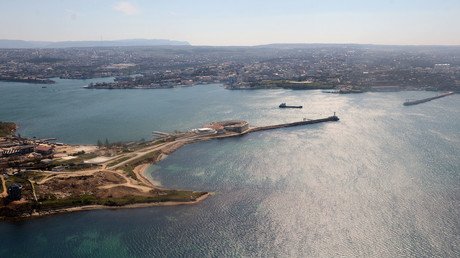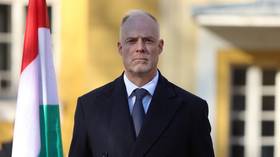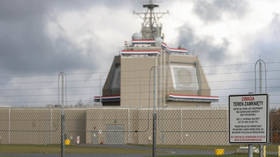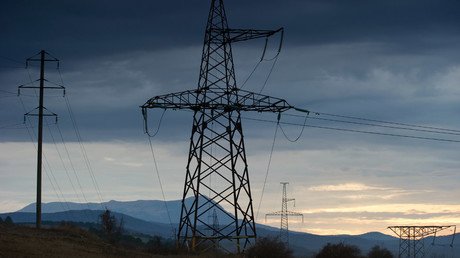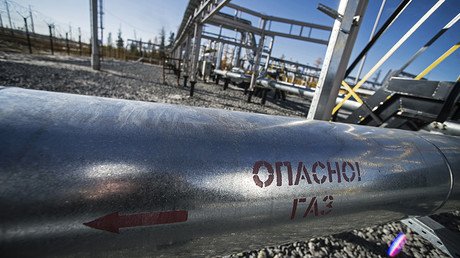Russia to launch 2 new power stations in Crimea to mark 5th anniversary of reunification

Two new power stations in Crimea will start working at full capacity as early as next week as the peninsula is set to celebrate the fifth anniversary of reunification with Russia.
The power stations in Simferopol and Sevastopol, built by Russian state-run conglomerate Rostec, will be launched on March 18, according to sources familiar with the plans, as quoted by Reuters. The event in Sevastopol may reportedly be attended by President Vladimir Putin, the source at the city legislative body told the agency.
Russian firm Technopromexport, affiliated with Rostec, started the construction of two gas-fueled power stations in Crimea following a state of emergency declared on the peninsula in November 2015. Back then, a massive blackout covered the entire region after four Ukrainian power lines providing electricity to the peninsula were blown up.
The building of the two power stations with the total daily capacity of 940 megawatts reportedly cost $1.1 billion.
Last year, Technopromexport was accused by several media outlets of using turbines manufactured by German industrial conglomerate Siemens, breaching the sanctions regime.
The United States and the European Union banned their corporations from working in the Crimea as part of anti-Russian sanctions introduced after the peninsula voted to reunite with Russia in a referendum in March 2014. Under the ban, the companies are barred from supplying the region with energy technology.
In 2016, Russia connected the peninsula to its mainland with a series of undersea cables running across the Kerch Strait. The line provides Crimea with total power supply of 800 megawatts a day that aims to satisfy the peninsula's demand combined with its own capacity. The overall cost of the construction totaled 47.3 billion rubles ($720 million).
For more stories on economy & finance visit RT's business section
